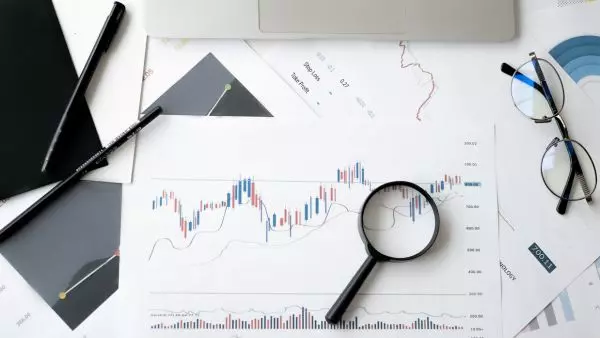Table of Contents
ToggleForex forecasting plays a crucial role in helping traders navigate the volatile currency markets. Understanding how forecasts work, what tools are used, and how to apply them effectively can significantly improve your trading results.

What Is a Forex Forecast?
A Forex forecast is a prediction of future currency price movements based on various analysis methods. These methods often include:
Technical analysis (e.g., chart patterns, indicators like RSI or MACD)
Fundamental analysis (economic data, interest rates, geopolitical events)
Sentiment analysis (market mood and trader behavior)
Traders use forecasts to identify potential entry and exit points and make informed decisions instead of relying on emotions.
Why Are Forex Forecasts Important?
A well-informed forecast can help you:
Reduce impulsive trading behavior
Improve timing for entries and exits
Align with macroeconomic trends
Manage risk more effectively
It’s essential to treat forecasts as guides—not guarantees—since no prediction is 100% accurate.
How to Create or Use a Forex Forecast
Here are some popular ways traders generate or use forecasts:
Follow expert analysis from trusted trading websites or communities.
Use trading platforms that offer forecasting tools and market outlooks.
Combine different types of analysis for a more comprehensive view.
Should You Rely on Forex Forecasts Alone?
While forecasts are helpful, they should never replace your own analysis or trading plan. Many successful traders combine forecasts with personal risk management rules and psychological discipline.
If you’re debating between different trading environments, such as brokers versus proprietary firms, check out our guide on Forex brokers vs. prop firms – which is the better choice?
Next Steps: Enhancing Your Forex Forecasting Skills
Understanding Forex forecasts is just the beginning. To effectively apply this knowledge, consider the following steps:
Stay Informed: Regularly monitor economic calendars and news outlets to keep abreast of events that can influence currency markets.
Utilize Analytical Tools: Incorporate both technical and fundamental analysis tools to gain a comprehensive view of market trends.
Practice with Demo Accounts: Before committing real capital, use demo accounts to test your forecasting strategies and build confidence.
Maintain a Trading Journal: Document your trades and the reasoning behind them to identify patterns and areas for improvement.
Engage with the Trading Community: Participate in forums and discussions to exchange insights and learn from experienced traders.
For a deeper dive into effective trading practices, explore our article on 7 Lessons from Successful Traders.
Final Thoughts
Mastering Forex forecasting requires dedication, continuous learning, and practical application. By integrating forecasts into a well-rounded trading strategy and staying adaptable to market changes, you can enhance your decision-making process and increase your chances of success in the Forex market.



